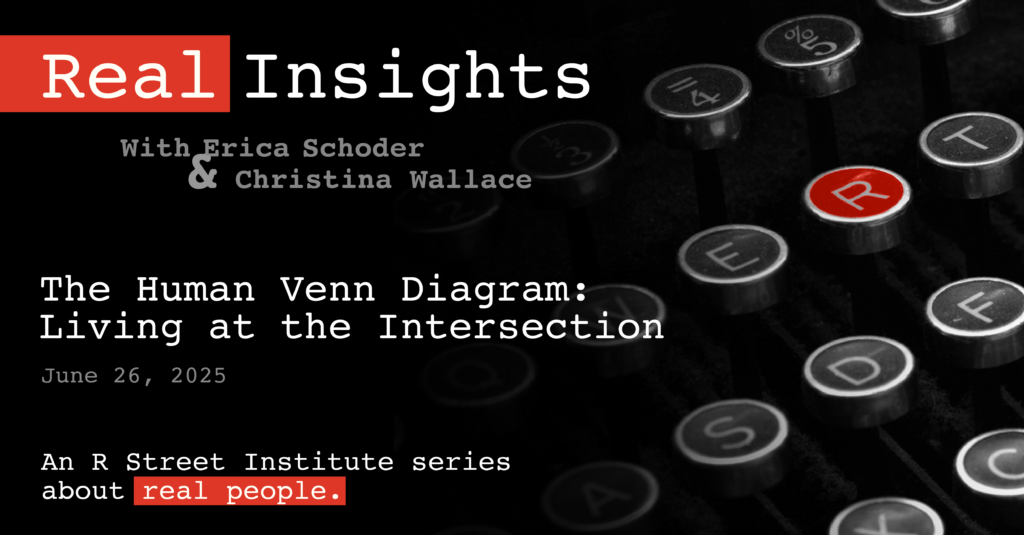The Senate Parliamentarian Doesn’t Make the Rules
The Senate parliamentarian has advised Democrats that they cannot use the reconciliation process to give several categories of illegal aliens lawful permanent resident (LPR) status. Reconciliation is a decades-old process that protects budget-related legislation from filibusters in the Senate. However, special rules (i.e., the so-called Byrd Rule) prohibit senators from circumventing the filibuster by including non-budgetary provisions in reconciliation bills. In her ruling, the parliamentarian concluded that the rules prohibit including the Democrats’ LPR proposal in a reconciliation bill because its budgetary impact is “merely incidental” to its non-budgetary components.
Both Democrats and Republicans have characterized the parliamentarian’s ruling as authoritative and final. For example, Majority Leader Chuck Schumer, D-NY, indicated in a statement that Democrats were “deeply disappointed” by the parliamentarian’s ruling but nevertheless accepted it reluctantly. Schumer said that Democrats would take the parliamentarian’s analysis into account and present alternative proposals to her in the coming weeks. Senate Republicans, in contrast, cheered the parliamentarian’s decision. Minority Leader Mitch McConnell, R-Ky., said that the Democrats’ effort to include the LPR provisions in a reconciliation bill was “inappropriate” and that he was “glad it failed.”
Yet, these characterizations of the parliamentarian’s ruling are flawed. First, the parliamentarian’s decision is neither authoritative nor final. Second, a closer look at her reasoning indicates that her analysis is incomplete. This is because the Senate has not yet adjudicated this question. Consequently, there is no precedent (for or against) to which the parliamentarian can point when senators ask her what the rules permit in this scenario.
THE PARLIAMENTARIAN’S RULING
The parliamentarian ruled that the budgetary impact of the Democrats’ LPR proposal was “merely incidental” to its non-budgetary components. She concluded – in a two-and-a-half-page memo detailing her reasoning – that “changing the law to clear the way to LPR status is tremendous and enduring policy change that dwarfs its budgetary impact.”
The parliamentarian noted that there were no precedents supporting the Democrats’ position because the Senate had not yet adjudicated this specific question. She argued that none of the four precedents cited by Democrats in support of their position “was the basis of an actual Senate precedent under 313(b)(1)(D) [of the 1974 Budget Act] – the merely incidental clause.”
However, the parliamentarian did not identify a past Senate precedent to support her decision that the Democrats’ LPR proposal fails the Byrd Rule’s merely incidental test. In reviewing the Democrats’ arguments, she writes that “there was no such point of order raised and no ruling by the Chair” in the four instances that they claimed to be precedents for their effort. The parliamentarian, therefore, concludes that their “value is limited.”
The parliamentarian also suggests that the Senate did not adjudicate this question informally during the Byrd Bath process, which precedes floor debates on reconciliation bills.
AMBIGUITY AND UN-ADJUDICATED PRECEDENT
The Byrd Rule does not explicitly define what “merely incidental” means. Consequently, determining whether a provision is extraneous under the test is often difficult. Instead of defining the term, the rule requires that senators weigh the non-budgetary components against its budgetary impact. As a result, senators look to precedent (i.e., how senators acted in similar situations in the past) for guidance when determining if a provision is “merely incidental.” That is, senators look to what happened in past reconciliation debates to determine whether the budgetary impact of a disputed provision in a reconciliation bill is “merely incidental” to its underlying policy impact. But – as the parliamentarian notes – there are no past reconciliation debates related to the question raised by the Democrats’ LPR proposal.
Admittedly, the Byrd Rule does not provide clear guidance on what provisions in a reconciliation bill senators should consider extraneous. It requires the Budget Committee to submit a list of extraneous provisions in a reconciliation bill (or conference report) in the Congressional Record before the Senate debates it. But the rule states explicitly that “the inclusion or exclusion of a provision shall not constitute a determination of extraneousness by the Presiding Officer of the Senate.”
The Byrd Rule gives the presiding officer – and only the presiding officer – the initial authority to determine if a disputed provision fails the merely incidental test. And Senate precedents clearly stipulate that “the Chair rules on points of order, not the parliamentarian; the parliamentarian merely advises the Chair.” Finally, the full Senate can overturn the presiding officer’s decision under Article I, section 5, clause 2 of the Constitution and Senate Rule XX.
THE TAKEAWAY
Whatever the merits of the parliamentarian’s analysis, it is neither authoritative nor final. This is because she has not identified a precedent(s) – a formal act of the Senate – to support her interpretation of the Byrd Rule’s merely incidental test. The Senate must therefore adjudicate the question before it can resolve the ambiguity.








